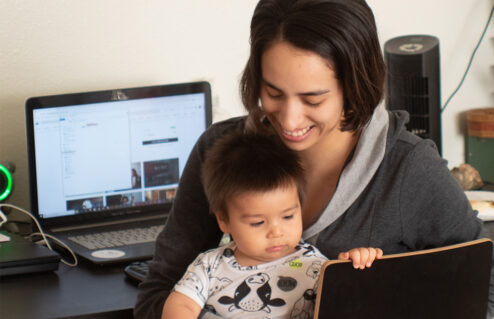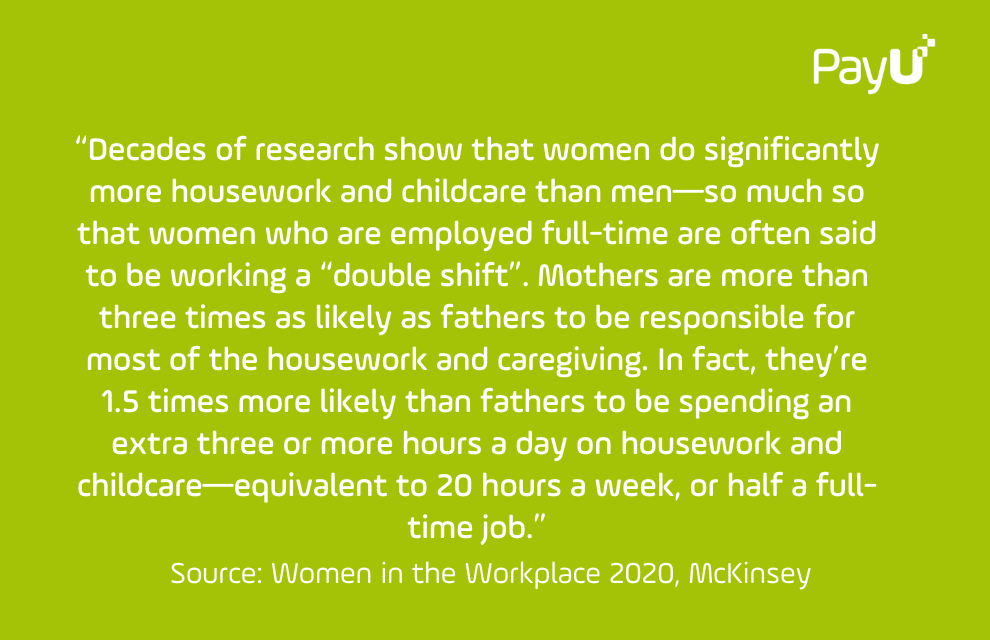-
Payment Solutions
 Payment Solutions
Payment SolutionsPayU’s global payment platform allows merchants to accept payments in any market, while enabling a wide range of payment optimization and security features via a single API.
- Learn more
- Payment Solutions
PayU’s global payment platform allows merchants to accept payments in any market, while enabling a wide range of payment optimization and security features via a single API.
- Learn more
-
Services
 Services
ServicesDiscover value-added payment services available via PayU, from industry-leading payment security and fraud protection to optimization features for getting the most out of your online payments.
- Learn more
- Services
Discover value-added payment services available via PayU, from industry-leading payment security and fraud protection to optimization features for getting the most out of your online payments.
- Learn more
-
Credit
 Credit
CreditPayU has a dedicated credit division with multiple products for BNPL and installment payments available around the world.
- Learn more
- Credit
PayU has a dedicated credit division with multiple products for BNPL and installment payments available around the world.
- Learn more
-
Resources
 Resources
ResourcesBrowse our blog and knowledge hub to learn more about key topics related to payments, fintech, and financial inclusion in emerging markets.
- Learn more
- Resources
Browse our blog and knowledge hub to learn more about key topics related to payments, fintech, and financial inclusion in emerging markets.
- Learn more
-
About PayU GPO
 About PayU GPO
About PayU GPOOperating in over 50 countries and home to more than 43 nationalities, PayU is one of the world’s leaders in global payments and innovative fintech.
- Learn more
- About PayU GPO
Operating in over 50 countries and home to more than 43 nationalities, PayU is one of the world’s leaders in global payments and innovative fintech.
- Learn more















